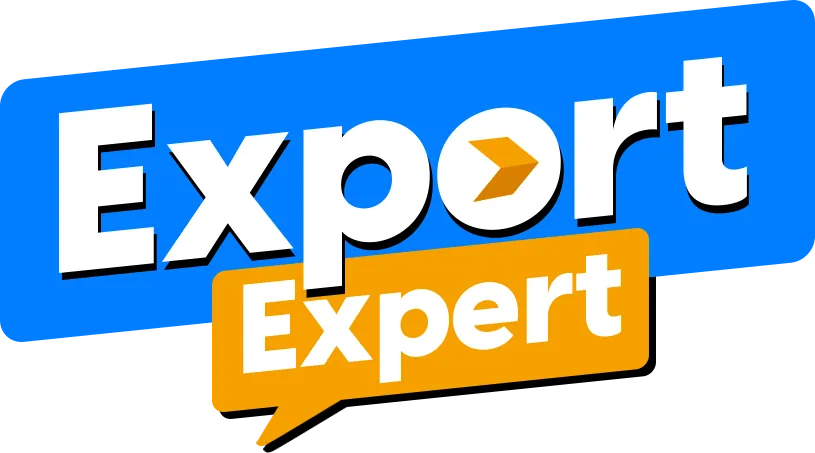Dipping your toes into international trade? It can feel like a maze of rules and paperwork. But what if there was a way to import raw materials without paying heavy duties? Enter the Advance Authorisation Scheme (AAS) – your golden ticket to cost-effective exporting! Let’s unravel the mystery in a way that’s easy to grasp and even easier to implement.
What is the Advance Authorisation Scheme
Imagine running a bakery where you need to import special flour to bake world-class cakes for export. Wouldn’t it be great if you didn’t have to pay import taxes on that flour? That’s exactly what AAS does for manufacturers in India! It lets businesses import raw materials duty-free, provided they use them to produce goods meant for export. This helps in slashing costs and boosting global competitiveness.
Why Should You Care
- Duty Free Import: Businesses can import inputs required for manufacturing export products without paying customs duties
- Eligibility: Both manufacturers and merchant exporters tied to a supporting manufacturer are eligible
- Export Obligation: The imported raw materials must be used to produce goods for export within a specified period, usually 18 months
- Value Addition: Exporters must achieve a minimum value addition of 15-20%, depending on the product
- Applicable Sectors: The scheme covers a wide range of sectors, including textiles, engineering goods, chemicals and more
How Does it Work
- Obtain Advance Authorisation: Businesses apply for an Advance Authorisation license from the Directorate General of Foreign Trade (DGFT). This license specifies the quantity of inputs that can be imported duty free
- Import Raw Materials: Once the license is approved, the business can import raw materials or inputs without paying any custom duties
- Fulfil Export Obligation: The business must use the imported materials to produce finished goods and export them within the prescribed period
- Submit Proof of Export: After fulfilling the export obligation the exporter submits the proof to the DGFT to ensure compliance
Benefits of the Advance Authorisation Scheme
- Cost Savings: By eliminating custom duties, businesses save significantly on input costs.
- Improved Cash Flow: Duty exemptions mean businesses don’t have to block funds in taxes upfront.
- Global Competitiveness: Reduced protection costs allow Indian exporters to offer more competitive prices internationally.
- Ease of Doing Business: The scheme simplifies the export-import process and reduces the burden of compliance.
Challenges and How to Overcome Them
Documentation Complexity
The application process involves detailed documentation, which can be daunting for first timers. The key documents required include:
- Import Export Code (IEC)
- Detailed Bill of Materials (BOM)
- Export Order/Letter of Credit
- Manufacturing Process Details
- Past Export Performance Data (for repeat applicants)
Solution: Hiring a professional consultant or learning the process step-by-step through online courses can help simplify compliance.
Export Obligation Compliance
Fulfilling export obligations within timeline is crucial. Missing deadline can lead to penalties or the need to pay back the waived duties with interest.
Solution: Businesses should meticulously plan production schedules to avoid delays. A buffer period should be maintained to accommodate unforeseen disruptions like supply chain issues or global trade restrictions.
Understanding the Scheme
New exporters may find the terms and conditions complex, especially the compliance requirements.
Solution: Attending DGFT workshops, online webinars, or industry forums can provide clarity. Additionally, consulting with a DGFT expert before applying can prevent costly mistakes.
Tracking and Record Keeping
Businesses must maintain accurate records of imports, usage, and exports. Any discrepancies can lead to compliance issues.
Time Consuming Approval Process
The approval of an Advanced Authorisation license can sometimes take time due to bureaucratic delays.
Solution: Businesses should apply well in advance and maintain regular follow ups with DGFT to expedite processing.
Key Differences: Advance Authorisation vs Other Export Promotion Schemes
| Feature | Advance Authorisation Scheme | Export Promotion Capital Goods (EPCG) | Duty Drawback Scheme |
| Duties Exempted | Customs Duty | Customs Duty on capital goods | Post export refunds |
| Pre or Post Export | Pre-export | Pre-export | Post-export |
| Value Addition | 15-20% | Not mandatory | Not applicable |
| Time Limit | 18 months | 6 years | N/A |
| Suitable For | Raw material imports | Machinery imports | Any exporter |
Final Thoughts
The Advance Authorisation Scheme is a game-changer for Indian exporters. By eliminating import duties on raw materials, businesses can significantly reduce costs, improve cash flow, and compete better in global markets. However, proper planning, compliance, and understanding of the scheme are essential to maximizing its benefits.
For first-time exporters, seeking expert guidance and attending DGFT training sessions can make the process smoother. As global trade evolves, leveraging schemes like AAS can be the key to long-term success in international markets.
So, are you ready to take your business global? Start exploring the Advance Authorisation Scheme today!
FAQs
Manufacturers and merchant exporters tied to a supporting manufacturer are eligible to apply.
The license is generally valid for 18 months from the date of issuance.
If an exporter fails to fulfill the export obligation, they must pay the applicable customs duties along with interest.
No, goods produced using duty-free imported materials under AAS must be exported







